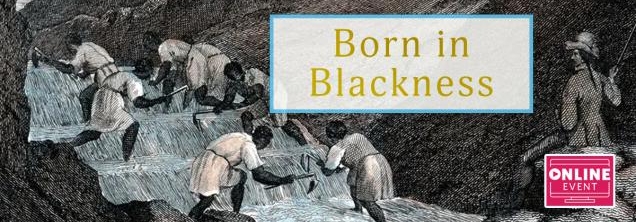By most accounts, modern history is rooted in Spain and Columbus and and the discovery of the New World to the west more than five centuries ago.
That narrative has it wrong, Howard French says. The true origins lie in Europe’s centuries-long eye for, and engagement with, Africa.
In a discussion of his new book Born in Blackness: Africa, Africans, and the Making of the Modern World, 1471 to the Second World War, the Columbia University professor and former New York Times foreign correspondent looks to reframe our longtime understanding of world history. Europe’s 15th-, 16th-, and 17th-century Age of Discovery was born not of a yearning for ties with Asia, he says, but rather a desire to forge a trade in gold with legendarily rich Black societies in West Africa. The continent and its people became central in shaping economic systems and political thought.
That crucial role has all but been erased by time, with historians’ attention to Africa focusing on the tragic legacy of slavery.
French has taught journalism at Columbia since 2008 after working nearly two decades as a foreign correspondent for The New York Times. He served as the newspaper’s bureau chief in Central America and the Caribbean, West and Central Africa, Japan and the Koreas, and China – the latter while based in Shanghai.
He is the author of five books, and his documentary photography has been featured in exhibitions on four continents and collected by the Mildred Lane Kemper Museum in St. Louis.
